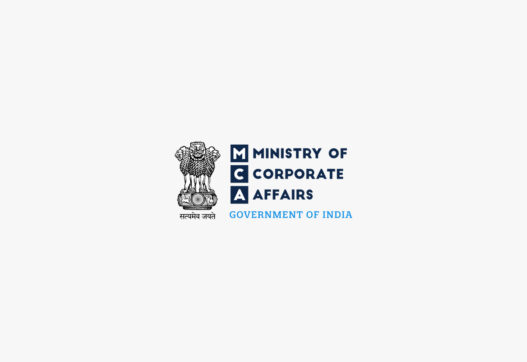Ministry of Corporate Affairs
The Cost Accountants Act, 1959 is a key piece of legislation that governs the profession of cost accountancy in India. This Act provides the legal framework for the Institute of Cost Accountants of India (ICAI) and empowers it to regulate the profession, set qualifications for membership, prescribe conduct standards for cost accountants and manage disciplinary processes. The Act is vital for all professionals engaged in cost accounting and is crucial for ensuring financial discipline in the industry and government sector.
Act Background and Ministry:
The Cost Accountants Act, 1959, is a central law. It comes under the purview of the Ministry of Corporate Affairs in the Government of India.
Enactment Date, Number of Chapters, Number of Sections:
The Act was enacted on 19th May 1959. It consists of nine chapters and 40 sections along with two schedules.
Act Governed By:
The Act establishes the Institute of Cost Accountants of India as the governing body for the profession and is administered by the Ministry of Corporate Affairs and relevant courts under the Indian legal system.
On Whom it is applicable:
This Act applies to individuals who seek to become cost accountants in India and to all practicing professionals that are members of ICAI. It is applicable throughout India except for the State of Jammu and Kashmir.
Penalties/Punishments:
The Act outlines penalties for professional misconduct, which include fines, imprisonment, and removal from membership of the Institute, depending on the nature of the offense. Falsely representing oneself as a member can attract a fine of up to one lakh rupees on first conviction and up to five lakh rupees on subsequent conviction, or imprisonment up to six months, or both. Unqualified persons signing documents, which requires the signature of a cost accountant in practice, can be fined between one and five lakh rupees, and, in case of subsequent convictions, may be imprisoned or fined between two to ten lakh rupees or both. Companies that contravene the act can be fined between two and ten lakh rupees for the first offense and between four to twenty lakh rupees on any subsequent offense.
Important Pointers:
-
Institute of Cost Accountants of India (ICAI): The Act establishes ICAI as a statutory body to regulate and develop the profession of cost accountancy in India.
-
Membership and Qualifications: The Act specifies the qualifications and training needed to become an associate or fellow member of ICAI. It outlines requirements for passing examinations and completing prescribed training.
-
Certificate of Practice: A certificate of practice is mandatory for any member who wishes to engage in the practice of cost accountancy. This is essential to provide professional services in India.
-
Disabilities for Members: The Act sets out the conditions under which a person cannot become a member of the Institute such as unsoundness of mind, insolvency, and conviction of a moral turpitude.
-
Council of the Institute: The Act provides for the constitution, functions, and powers of the Council of ICAI. The council is entrusted with the overall management of the Institute. The act also lays down the roles of the President and Vice-President of the council.
-
Disciplinary Directorate, Board of Discipline, and Disciplinary Committee: The law provides for the establishment of these bodies to manage professional misconduct, investigate complaints, and uphold ethics and professional behavior.
-
Professional or Other Misconduct: The Act defines what constitutes professional misconduct through two schedules. It defines acceptable standards of conduct and outlines actions that may lead to disciplinary actions against members. The First Schedule covers misconduct for cost accountants in practice, whereas the Second Schedule defines general misconducts that apply to all members of the Institute.
-
Quality Review Board: The Act provides for the establishment of a Quality Review Board to review the quality of services provided by the members of the Institute.
-
Regional Councils: The Act empowers the Council to establish Regional Councils to facilitate its functions within specified regions.
-
Penalties: The law provides for penalties for falsely representing to be a member of the institute or using the institute’s name without due authorization. Penalties also include fines and imprisonment and disqualifications for professional misconducts that are defined in the schedules.
-
Power to make Rules and Regulations: The act empowers the Central Government and the council of ICAI to make rules and regulations for its effective implementation. The law provides for Central Government to ensure its effective and efficient implementation.
-
Reciprocity: The act provides for reciprocity which empowers the central government to prohibit nationals of other countries, which prevent Indian cost accountants from being members or practicing there.
Act Copy:




